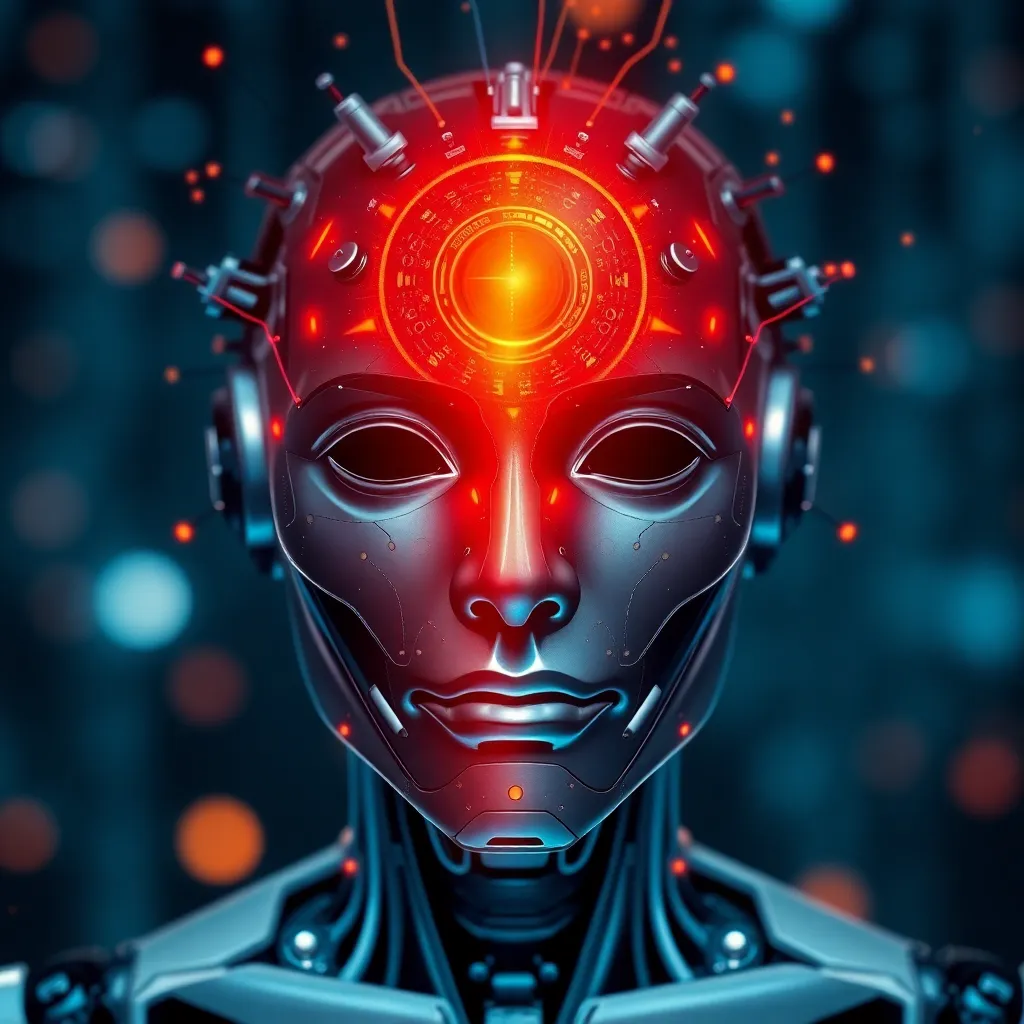
02-Dec-2024 , Updated on 12/2/2024 9:49:13 PM
My Opinion: What is artificial intelligence's positive and negative effect?
In its place, we have a perfect example of cultural misrepresentation and stereotyping.
The ideology that Hitler represents and the things he did constantly contradict such principles of Hinduism. Accepting this, we can understand the real meaning of Hindu customs and values and not fall for the abuses of history that caused such misconceptions.
Artificial Intelligence (AI) is a way of overcoming gaps that have inspired a new approach to life and professional activities. It has touched various aspects of life, from the simplest life’s comforts to revolutions in sectors. However, given that AI is an effective tool, almost every tool always has its pros and cons. Here is a complete head maiden view on the wholesome and pernicious impact that it has in a nutshell, no beating around the bush.
Positive Effects of AI
- Improved and Increased Effectiveness and Productivity
As we know, the basic strength of AI systems is to automate complex and time-consuming processes. Whenever it comes to customer service through chatbots or using algorithms to analyse large amounts of data, businesses take advantage of it. In other words, it creates an opportunity for humans to engage in more constructive or heuristic undertakings.
AI is bringing change in healthcare by identifying diseases faster and more accurately. Technology such as AI imaging systems can identify diseases such as cancer in their embryonic stage. In addition, it comes in handy in escalating drug development, cutting costs as well as time to be incurred when coming up with vital treatments.
- Personalised Experiences
From instant recommendations like your next TV series on Netflix to music playlists on Spotify, they all are based on individual choices. Such a form of personalisation is not restricted to entertainment only, but it is found in education, retail, and marketing.
- Improved Safety
AI improves the safety of various industries. For example, self-driving cars plan to eliminate the occurrence of accidents due to human inconceivability. AI-integrated security measures assist in fraud identification and make transactions more secure online.
- Environmental Applications
Climate change has increasingly become a problem that receives help from AI. Thus, predictive analytics can be used not only in comprehending and controlling natural resources, energy consumption, and even pollution. Drones are also used with artificial intelligence to control the condition of wildlife and the forest for conservation purposes.
Negative Effects of AI
Smart technologies are poised to kill jobs in many industries, including manufacturing, customer service, and even journalism. Even if new jobs are created, the process causes enormous hardships for millions of workers to upgrade themselves.
- Bias and Discrimination
It is important to know that AI systems are as effective as the data that has been fed to them. In the worst of scenarios, if the data harbours social prejudices, so does the artificial intelligence. For instance, prejudiced selection systems can deny certain genders or ethnicities an employment opportunity.
- Privacy Concerns
AI depends mainly on data, but in doing so, it majors in issues of privacy. Businesses gather and process personal information, but frequently it is not transparent if people agree. Some technologies get people worried about privacy, and facial recognition, in particular, is one of the main reasons for that.
- Dependence on AI
The problem with the overuse of AI is that it makes users complacent. It is concerning that the populace is bound to experience decay in certain assets that are vital for staffing due to relying on AI systems. For example, using GPS frequently can harm the central concept of how it works by spoiling people's core navigation abilities.
- Ethical Dilemmas
Here we are observing a new form of business intelligence that comes with ethical concerns. Such systems as autonomous weapons pose humanitarian issues of accountability for the wars conducted. Like any other technology, AI for the sake of surveillance only comes with temptations that compromise civil liberties.
- Misinformation and Deepfakes
AI can fake realistic images, videos, and even the news that we see in our social media feeds. Deepfakes are very malicious since they can post false information and tarnish reputations. This does well to blur the distinction between reality and the imaginary as far as society is concerned.
Conclusion
Essentially, the question is not how to eliminate risks but how we can make the best of AI while minimising the risks involved. Our task is to pave the way for the proper development of artificial intelligence, as well as to contribute to the creation of constructive conversations about it. Nevertheless, the future of AI is not entirely technological, but social, or better still, it is up to us, the people.

Student
hey there! i am a student currently pursuing my bachelors with a keen interest in writing., I am fueled by a deep love for storytelling and a flair for creating captivating narratives. Armed with a passion for language and a keen eye for detail, I strive to craft compelling copy that leaves a lasting impact.
Join Our Newsletter
Subscribe to our newsletter to receive emails about new views posts, releases and updates.
Copyright 2010 - 2026 MindStick Software Pvt. Ltd. All Rights Reserved Privacy Policy | Terms & Conditions | Cookie Policy